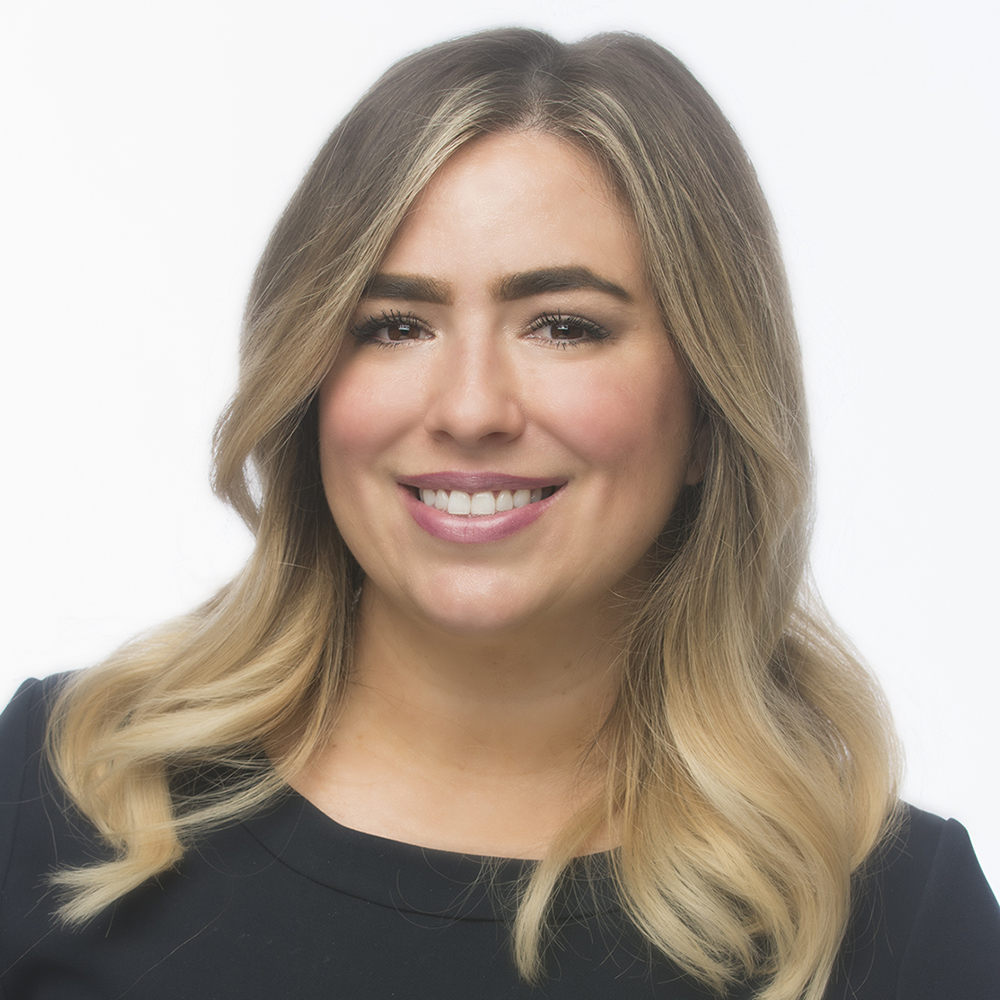Background: In 2005, the Institute of Medicine published “From Cancer Patient to Cancer Survivor: Lost in Transition.” The report highlights the long-term medical and psychosocial consequences of cancer treatment and provides a foundation for survivorship programs today.1
Dr Mullan, a physician and cancer survivor, identifies 3 distinct phases of survivorship: acute, extended, and permanent long-term survival.2 Mullan proposes “that survivorship be studied as a phenomenon in itself rather than a byproduct of afterthought of basic research on cancer treatment.”
In developing the survivorship program for Sarah Cannon Cancer Institute at Medical City Healthcare, the authors found a lack of evidence identifying needs of survivors (meaning from diagnosis into extended survivorship) and thus developed the survivorship needs assessment.
Objectives: Conducting an ongoing survivorship needs assessment supported 2 objectives: to map and identify the changing needs of survivors and to add to the database of knowledge; consequently, affecting survivorship programming to better meet patient needs.
Methods: The research team partnered with oncology navigators, healthcare providers, and nonprofit agencies to distribute the survivorship needs assessment.
An electronic link or paper version of an anonymous, HIPAA-compliant survey is offered to survivors. The survey contains 7 sections: Physical, Social, Emotional and Spiritual Health, Educational Resources, Demographic Information, and Survivorship Support. Survivors are asked to rate their current level of concern on a Likert scale from 1(no concern) to 5 (extreme concern) and provide qualitative information about survivorship support.
Results: Receiving 78 responses from the community, a majority (83%) of results represented white/Caucasian patients between the ages of 50 to 79 years. Analyzing the data provides insight into patient health subdivided by factors such as geography, age, phase of survivorship, and patient preference for information.
For example, reviewing the information by subsets identified as above similarities and differences are noted. Every geographic area except Collin County registered higher (3+ on Likert scale) financial concerns, whereas Collin County registered fear of recurrence as the highest concern. The majority of survivors in Tarrant and Collin counties—80% and 50%, respectively—disclosed they would not be interested in an online support group, while the majority in Denton and Dallas counties—75% and 55%, respectively—expressed a willingness to attend. A similarity observed throughout the metroplex included survivors’ willingness to travel about 25 minutes on average to attend a support group. All survivors indicated less frequent communication with the survivorship support team than anticipated. The young adult population noted higher physical concerns like sexual/intimacy issues/body changes versus older populations who listed fear of recurrence as a concern and requested financial resources for estate planning.
Conclusion: Assessing the needs of cancer survivors provides value and understanding to better serve this population with quality relevant care, programs, and resources. This knowledge contributes to the expanding field of psychosocial oncology.
References
- Institute of Medicine and National and National Research Council of the National Academies. From Cancer Patient to Cancer Survivor: Lost in Transition. Washington DC: National Academies Press; 2005.
- Mullan F. Seasons of survival: reflections of a physician with cancer. N Engl J Med. 1985;313:270-273.






